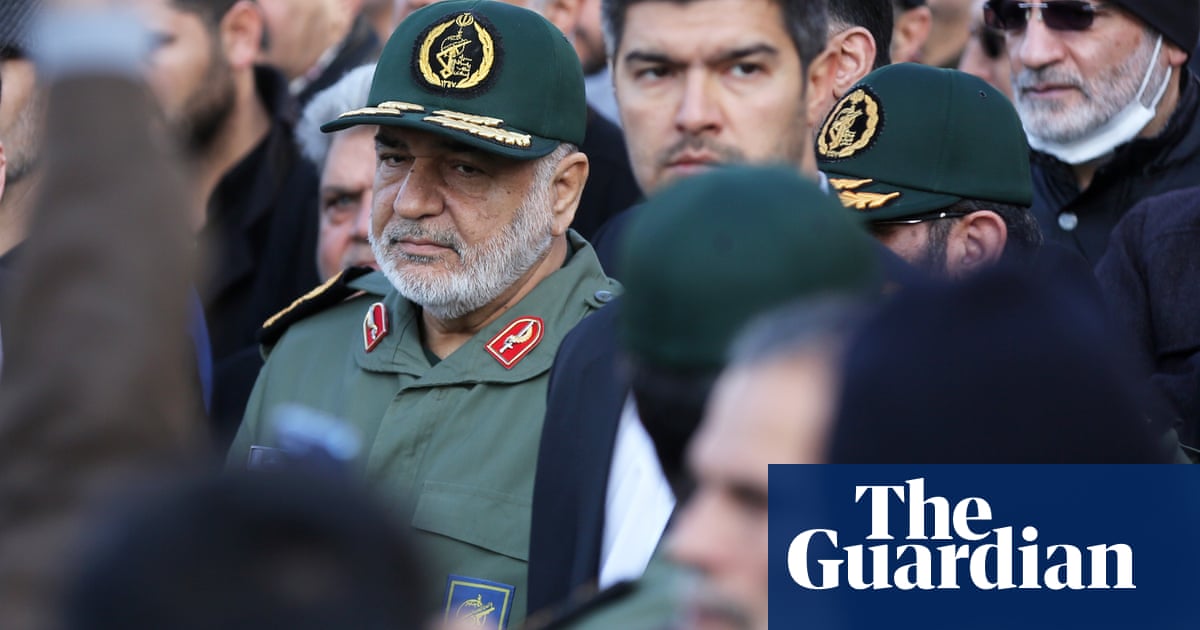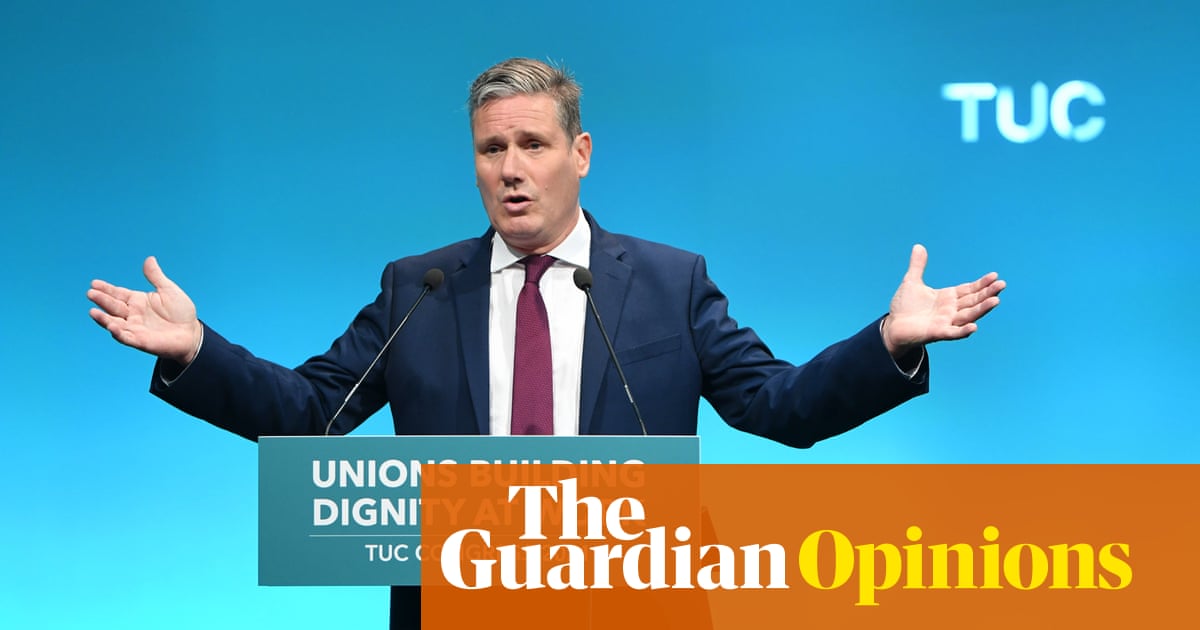
Macron move might fail if it keeps betting on Hezbollah and covering its arms, says US official
BEIRUT: On the second day of his visit to Lebanon; the last stop of his Middle Eastern tour, US Assistant Secretary for Near Eastern Affairs David Schenker met with civil society activists.
An activist who was present at a luncheon organized at one of the activists’ houses in the presence of Schenker told Arab News that the latter said: “The US will not stand against the French initiative, which will probably fail if it keeps betting on Hezbollah and covering its arms. Things do not work this way. We do not believe that Hezbollah is a legitimate political organization, but a terrorist one. A political organization certainly does not have militias.”
According to the activist, Schenker said: “The sanctions considered by the American side against Hezbollah’s allies have not yet reached an advanced stage.”
The activist, who wished to remain anonymous, said that “Schenker is living with the prospect of the US presidential elections.” According to the activist, Schenker said: “The French are leading an initiative without taking into consideration the American perspective, so let them try. They have two months before the results, which will define the US perspective, depending on whether the Trump administration returns to power or not.”
The activist said that Schenker had listened to the activists’ opinions regarding the French initiative and their demand to hold early parliamentary elections or stick to the preset date without causing any delay.
According to Arab News sources, Schenker also met academics and economics from Lebanese banks, representatives from the World Bank in Lebanon and resigned lawmakers. He also met the Lebanese Army Commander Gen. Joseph Aoun, UNIFIL officials, and the UN Special Coordinator for Lebanon Jan Kubis. He also visited the USAIDS centers which are currently providing aids to the people affected by the Beirut blast.
Middle East and North Africa Director at the Natural Resource Governance Institute (NRGI) Laury Haytayan, who took part in the meeting between Schenker and civil society representatives said the meeting aimed at “getting to know each other and sharing our views regarding what is going to happen next and the efforts of the groups that emerged from the Lebanese uprising that broke out in October 2019.”
She said: “We stressed during the meeting our readiness for the parliamentary elections.”
Talking to Annahar, Schenker said: “Hezbollah is not interested in reforms, but has taken advantage of corruption.” He said his meetings with civil society activists aimed at checking “their vision for reforms and making the government commit to reforms, transparency and fight against corruption.”
“The US remains the principal donor for Lebanon and we are currently working on a large assistance package to help the Lebanese through NGOs and the World Food Program,” he added.
During his visit to Lebanon, Schenker avoided meeting with any Lebanese officials, as he considered that “a government is being formed in Lebanon, and this is a national affair.” However, he considered that “the next government should not be like the previous one or the one before, and should focus instead on implementing reforms, combating corruption and committing to accountability and impartiality.”
Mustapha Adib, Lebanon’s new PM-designate, briefed the Lebanese President Michel Aoun on the outcome of the parliamentary consultations he conducted on Wednesday. After the meeting, Adib said he is seeking “to form a coherent action team and a government of specialists to start implementing reforms immediately.”
Adib revealed that he prefers to form a government of 14 ministers, while Aoun is pushing for 24 ministers.
The French Embassy elaborated a draft program for the next government that President Macron delivered to the representatives of Lebanese parties he had met on Tuesday at the Pine Residence. Macron considered the draft as a road map for the next cabinet.
The draft program “gives the priority to fighting the coronavirus pandemic and for the humanitarian situation, as well as addressing the repercussions of the Beirut blast, reconstructing Beirut, and facilitating the access of aids provided by the international community in an expeditious, transparent and effective manner.”
Regarding the reforms, the draft program required “the prompt resumption of negotiations with the International Monetary Fund (IMF) and expeditious approval of the preventive measures required by the IMF, including the legislation related to capital control and the auditing of Banque du Liban’s (BDL) accounts.”
The French draft program also required implementing urgent reforms in the electricity sector within one month, appointing officials in the sector, launching bidding invitations related to the gas power plants and dropping the Selaata project as presently drafted (which the Free Patriotic Movement is still holding on to).
The draft also covered “the financial, judicial and sectoral designations, in line with transparent standards based on efficiency as well as the parliament’s approval of proposing a law related to the independence of the judiciary.” It also included “appointing members of the national anti-corruption commission, supporting the commission to carry out its tasks, implementing the urgent customs’ reforms and developing and adopting a homogeneous budget for 2021 before the end of 2020, in addition to holding new legislative elections within a maximum period of one year.”












